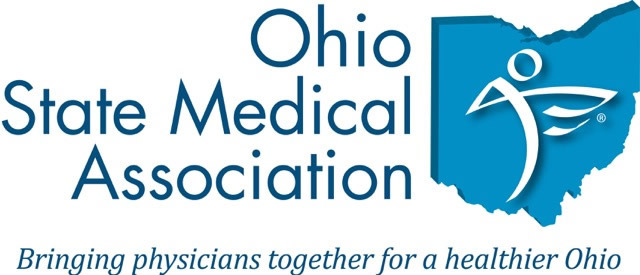Complete Story
05/05/2021
Malpractice Claims from the COVID-19 Pandemic
Brought to you by OSMA Preferred Partner, The Doctors Company
Robert E. White Jr., Chief Operating Officer
The pandemic has raised pressing questions around preventive measures, vaccines, and safe treatment, but it has also obscured one key lingering uncertainty for medical professionals: Where are all the medical malpractice claims?
A variety of factors create a cloud of uncertainty around when, we will see the claims we expected from care provided just before the pandemic.
Malpractice Claims Take Time to Surface
We won’t know until 2022 or later whether there will be an increase in claims related to the pandemic. When a medical error occurs, generally speaking, neither the doctor nor the patient immediately knows that something is amiss. It can take months or years for people to realize that something untoward has occurred.
Claims from medical errors that occurred before the pandemic bring additional uncertainties. In 2020, we saw fewer than expected overall claims filed from events occurring 18 to 24 months before the pandemic. In total, 20 percent fewer claims were filed than in 2019.
But without a doubt, pandemic-related claims will be filed. The pandemic’s impact on physicians increases the risk of claims. Burnout is a major cause of medical errors, and a recent study found that out of 60 countries, U.S. healthcare providers showed the highest rates of burnout. We're concerned about the stress affecting physicians’ performance—not just the physical stress of the demands put on them while treating COVID-19 patients, but all of the worry. Those sorts of stressors from life disruptions contribute to the possibilities for error.
Immunity Protections Are Not Fail-Safe
And while healthcare providers have medical liability protections during the pandemic, these protections may not prevent claims. Healthcare provider pandemic-related liability laws vary from state to state, and they will be tested in the courts as to whether they're constitutional. For example, there is pending legislation in New York State that would repeal the provider protections created there at the start of the pandemic. Further, some expert witnesses will couch their statements in terms of what it takes to get around one of these statutes. Therefore, physicians do have reason for concern, even in states with strong liability protections.
Defending Claims Regarding Treatment vs. Regarding Infection Control
We are very confident in our ability to protect our members against claims where they are being sued over the treatment of the disease. Claims arising out of treatment are not concerning to us because there is no cure for COVID-19.
On the other hand, suits harder to defend would be those that revolve around transmitting the disease because providers didn’t follow guidelines from the Centers for Disease Control and Prevention (CDC) or there wasn’t enough personal protective equipment (PPE). That’s why we stress the importance of following CDC guidelines, and why we’ve taken proactive steps to communicate with the entire medical community throughout the pandemic as part of our commitment to serve those who provide care.
